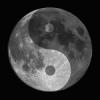Sign in to follow this
Followers
0

Having trouble understanding some stuff....
By
AikiMuay, in General Discussion

By
AikiMuay, in General Discussion